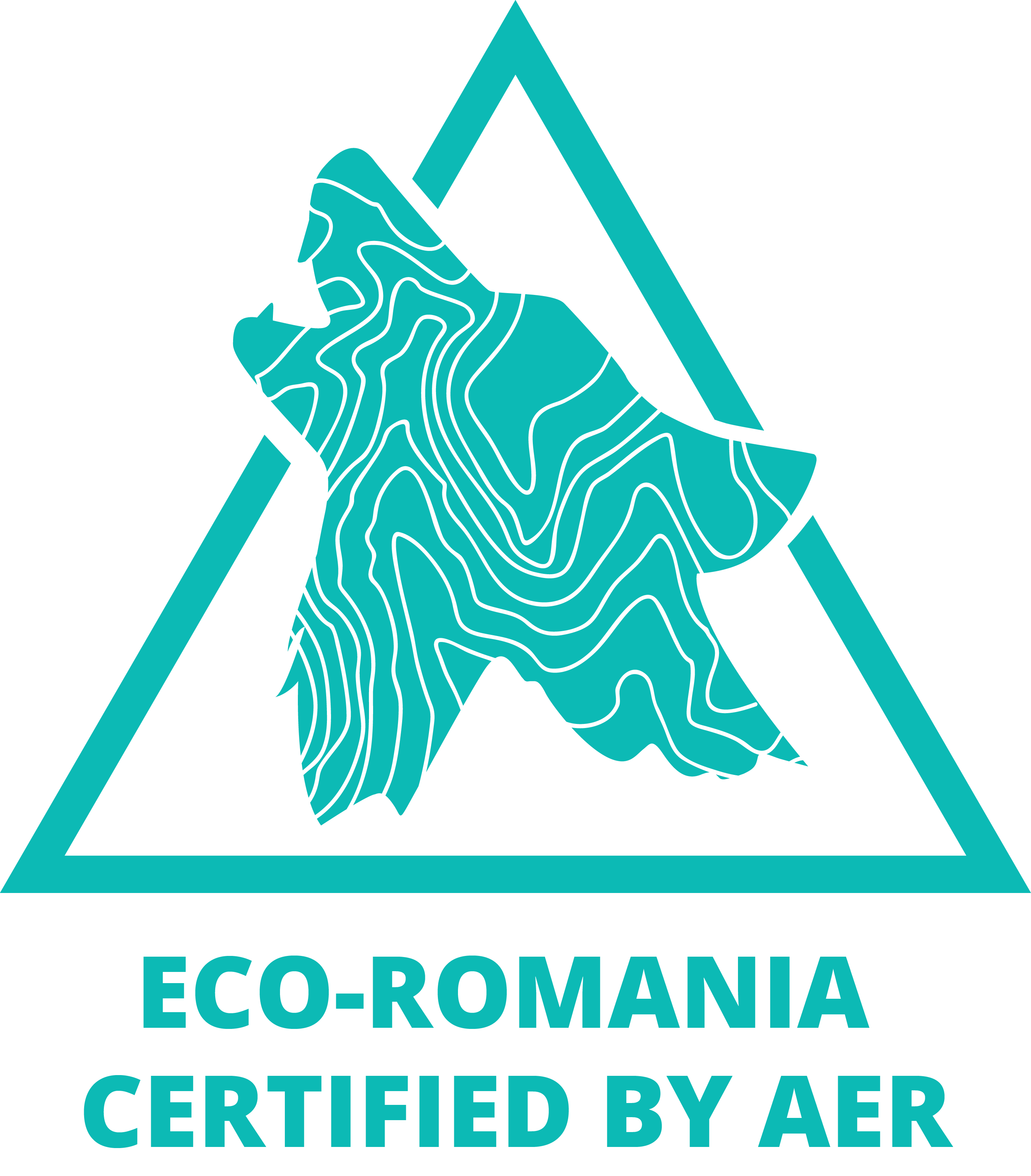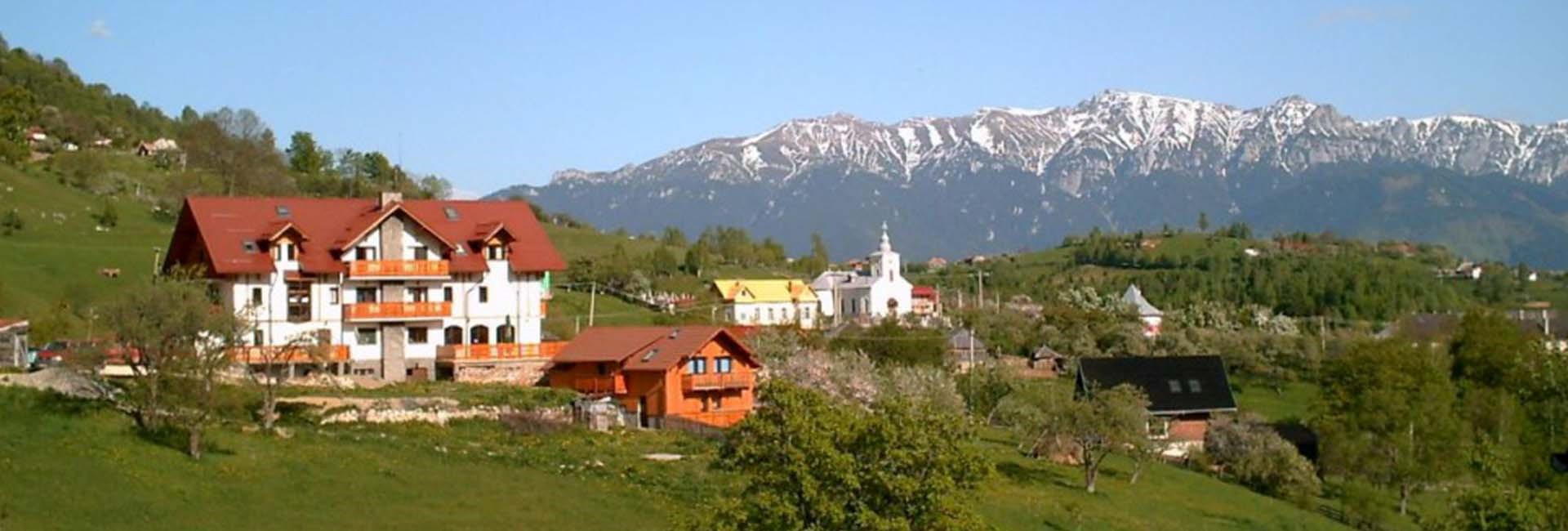Knowledge Networking Portal for Sustainable & Responsible Tourism










 VILLA HERMANI
VILLA HERMANI
| Contributor | Herbert Hamele |
|---|---|
| Country | Germany |
| Keywords |
|
| Organisation | VILLA HERMANI |
| Postal address | Sat Măgura 130, 507133 Măgura, România |
| Webpage | http://www.cntours.ro |
| Release date | 08/04/2022 |
| Landscape type | Mountain |
| Topics |
|
| GSTC Criteria for Industry |
|
| Marketplace category |
|
| Type |
|
| # | File name | Contributor | Release date | Uploaded by | Upload date | Size | Content type |
|---|
 |
|
|
Category: |
Guest house and local tour operator |
|
Size: |
Micro |
|
Protected areas nearby: |
Piatra Craiuliu National Park |
|
Certifying body: |
|
Outstanding contributions Villa Hermani is a 17 bedroom guesthouse in Măgura mountain village, in the middle of the Piatra Craiului National Park. Livestock breeding is the basis of the local economy. In summer the animals graze in the alpine meadows cared for by shepherds and dogs as protection against wolves and bears, and the hay meadows in the village are still scythed. The guesthouse was opened in 2004 and initially certified by the Eco-tourism association AER in 2006. The guesthouse is operated by Carpathian Nature Tours (CNT), a tour operator specializing in soft adventure, nature/culture discovery and wildlife watching, with a high level of responsibility. The guesthouse uses solar energy during the summer, which covers 90% of the requirement for water heating. All electrical equipment is low energy. Water consumption is reduced by special devices in each bathroom. Food is purchased locally as far as possible, with all the beef, mutton and lamb sourced from the village. Bulk purchasing of items such as sugar reduces the use of packaging. Guests who participate in the Nature Tours spend six out of seven days on trekking excursions with no use of motorised vehicles. CNT was founded in 1999 in cooperation with the Carpathian Large Carnivore Project as a sustainable tourism programme for the area of the National Park. Its main interest is the conservation of nature and the protection of the European large carnivores – bear, wolf and lynx. Bear watching generates substantial revenue for wildlife management units (around EURO 10k in 2019). The owner is also involved in a stork monitoring programme. CNT also works with the Romanian Institute for Wildlife Research on some of their projects, such as programmes for the reintroduction of beavers and marmots. All staff come from the local village and local contractors are used for construction and maintenance. The guesthouse initiated a new ecotourism trend in the village and other local people have also opened accommodation. The guesthouse team initiates and supports various clean-up actions on the village, as well as other activities mobilising volunteering by local young people to meet common objectives. |
|
Key SDGs related to this action |
|
|















































